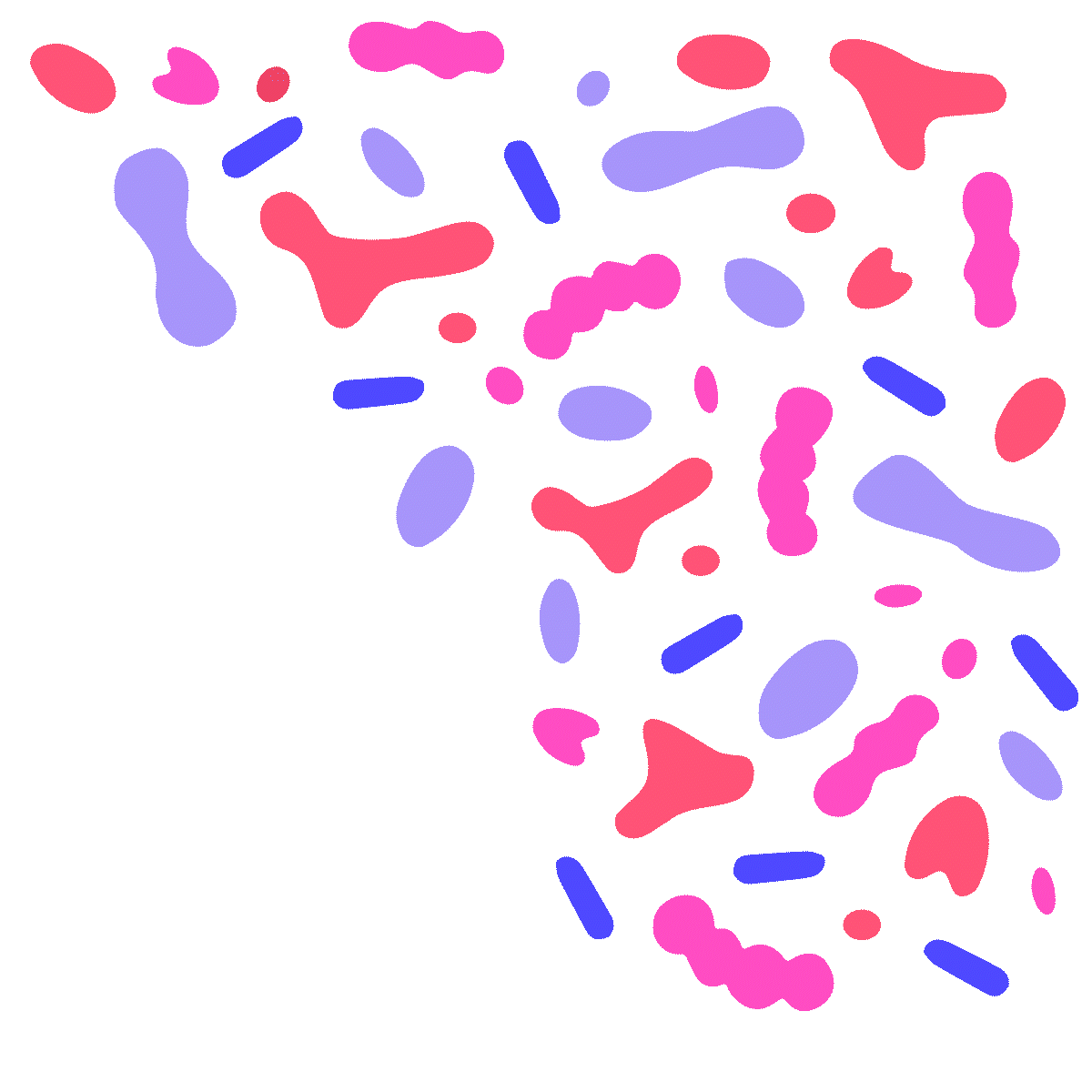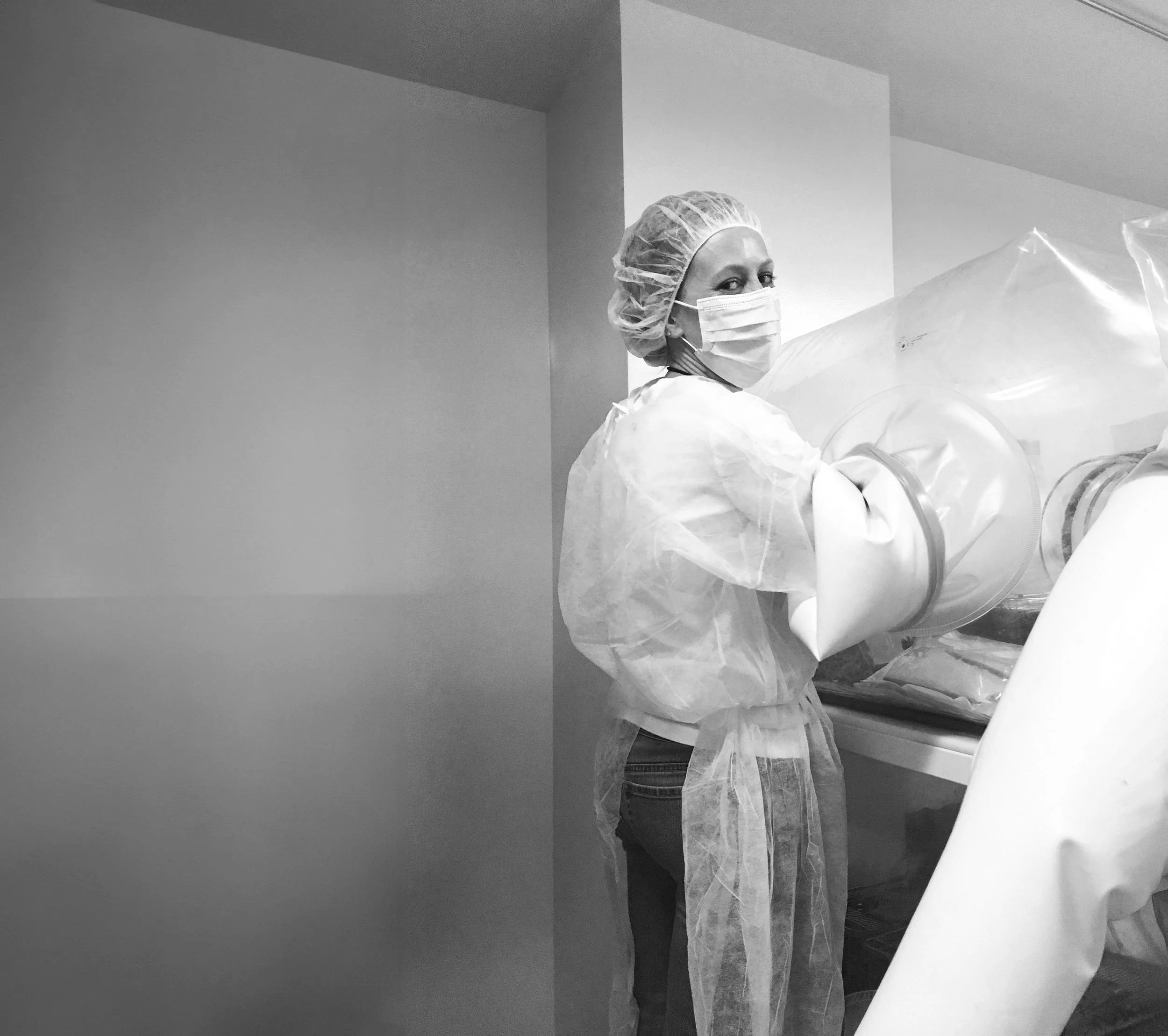Our Research
As we progress through life, not only do our bodies grow and develop, but so too does our microbiota. Longitudinal sequencing of the microbiome from birth to adulthood has highlighted the dynamic development of resident communities within the gut, with postnatal populations being distinct and fleeting. Whether the short-term enrichment of distinguishing microbial taxa during infancy is uniquely important for postnatal developmental events and long-term health is an unexplored question. While many studies focus on the gut (where most resident microbes reside) we now appreciate that these teeming communities also impact systemic organs, including the nearby pancreas!

Development
What are the molecular mechanisms by which microbes shape pancreatic development during postnatal life?
Without microbes, animals develop fewer insulin-producing beta-cells in the endocrine pancreas. We are interested in both the microbial and host-derived mechanisms that are required to drive beta-cell development and maturation.
Disease
Do early-life microbial exposures impact later-life disease susceptibility?
If the development of important pancreatic tissues is impacted, will the host experience the consequences of these losses at later points in life? For example, with decreased beta-cell mass, will the host be more susceptible to metabolic diseases such as diabetes?
Translation
Can we reverse or prevent disease using microbial-derived treatments?
Type 1 diabetes results from the autoimmune destruction of beta-cells, but endogenous methods to replace these important cells have yet to be found. Can we stimulate beta-cell regeneration using microbial-derived techniques? Similarly, can we stimulate beta-cell development in early life, to establish a more robust insulin-producing cell population?

To investigate these questions, we utilize gnotobiotic technology. ‘Gnotobiology’ refers to the scientific ability to rear model organisms in a “germ free” environment or with contrived microbial communities. Our mice live in sterile plastic isolators where we can control their entire microbial environment, allowing us to determine the contributions of individual microbes.
Current Funding
The Hill Lab is a current recipient of the Pathway to Independence Award
Past Funding
Dr. Hill is a former JDRF (now Breakthrough Diabetes) Post Doctoral Fellow





